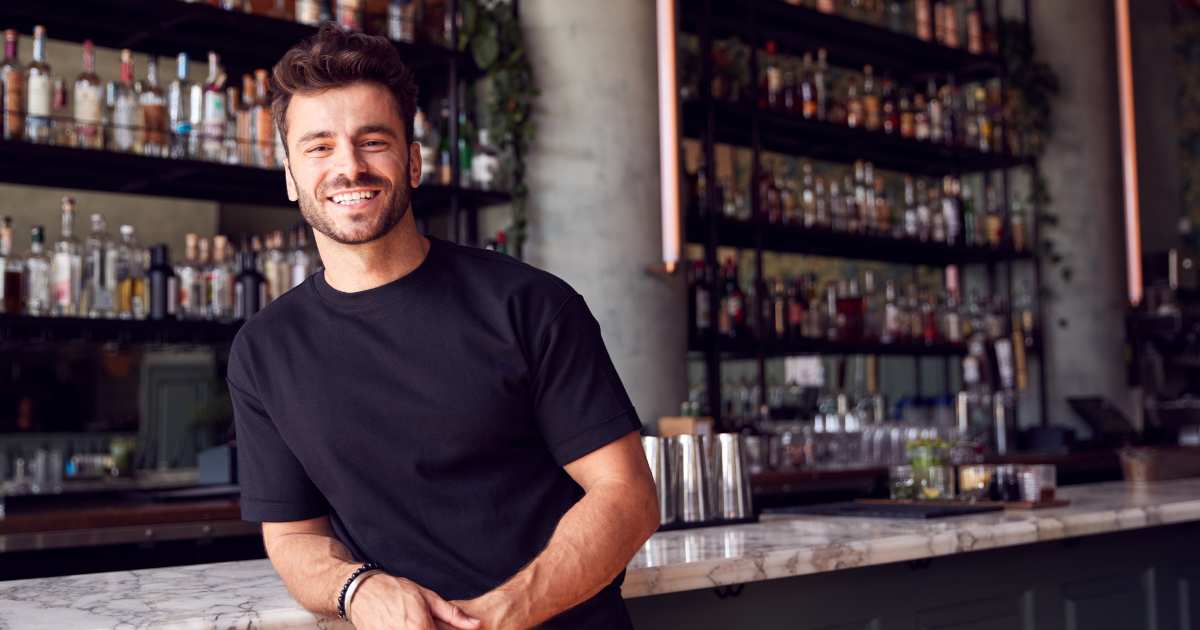
Amazon’s Jeff Bezos, Jumia’s Tunde Kehinde and Basetsana Kumalo – what do they have in common with every other entrepreneur? They all have funding stories to tell.
To find out how they, and other famous entrepreneurs, navigated the funding minefield, here are some of our favourite quotes from them on the subject.
1. Jack Ma (Alibaba)
On Underestimating How Long His Initial Investment Would Last – “My first round [of] money, I gathered from 18 founders — US$50,000. We thought this US$50,000 could last for 10 months. We even counted every cent we spent, but it lasted less than four months and we were almost bankrupt.”
2. Allegro Dinkwanyane (Orgella Media)
On What she Learnt from the Struggle – “You have to invest in your dream before anyone else does. Once investors see you’re willing to risk everything, they start believing in you. Struggling to find financial support taught me independence – and persistence when it felt like no-one would back me.”
3. Sara Blakely (Spanx)
On What Mattered the Most – “I did not have the most experience in the industry or the most money, but I cared the most.”
4. Strive Masiyiwa (Econet Wireless)
On Being Turned Down By the Banks – “One day I had the opportunity to discuss my problem of raising money from banks with a well established business elder. He listened for a while and then said to me, “you are a very good engineer, but you need to get a better understanding of how banks work; you talk about money and banking like a man in the street. It might get you into politics, but it will not help you succeed in business. After such a stinging rebuke, I don’t think I slept much that night, but I knew he was right.”
5. Lebo Gunguluza (The GEM Group)
On Being Creative – “You don’t always need money to acquire things – it’s often possible to use your resources and barter when you don’t have cash. Without funding, tenders or loans, I had made my first million at the age of 27. It’s a principle I still live by today.”
6. Tunde Kehinde (Jumia)
On Choosing the Right Investors – “We’ve done two things. One is we’ve raised money from very smart investors who can get us access to top-notch talents. We’ve raised money from Rocket Internet, from JP Morgan, from Summit Partners, really blue-chip investors. And with them, they don’t only give you money, they also give you contacts.”
7. Jeff Bezos (Amazon)
On Raising Amazon’s First Round – “A lot of people did very well on that deal. But they also took a risk, so they deserve to do very well on that deal. But I had to take 60 meetings to raise $1 million, and I raised it from 22 people at approximately $50,000 a person. And it was nip and tuck whether I was going to be able to raise that money. So, the whole thing could have ended before the whole thing started. That was 1995, and the first question every investor asked me was: ‘What’s the Internet?’”
8. Robert Brozin (Nandos)
On Starting With Very Little Funding – “We never got tons of money to start Nando’s … it was done trench by trench, we had to duck and dive.”
9. Basetsana Kumalo (Basetsana Woman Investment Holdings)
On Self-Funding Her First Business – “I borrowed money from my parents and we found money wherever we could. I had also won some cash prizes and appearance money from Miss SA and I put that into the business. I remember the bank asking for collateral, which was a big word for a 21-year-old!”
10. Brian Chesky (Airbnb)
On Failing to Gain Interest from Investors – “We launched, and I remember the day we launched we had a meeting with a well-known investor, the site was down [and] I didn’t bring a slide. That wasn’t a successful pitch, it was mostly us staring at each other for an hour and he did not invest. At this moment 20 investors had been introduced to Airbnb and any of them could have probably owned 10% of the company for $100 000 because I was willing to do a $1.5 pre-money valuation of a round of funding. It puts things in perspective. Now to put things in perspective that seem today like a good deal, but back then no one [invested]. I think 15 of them didn’t even reply to my email.”






